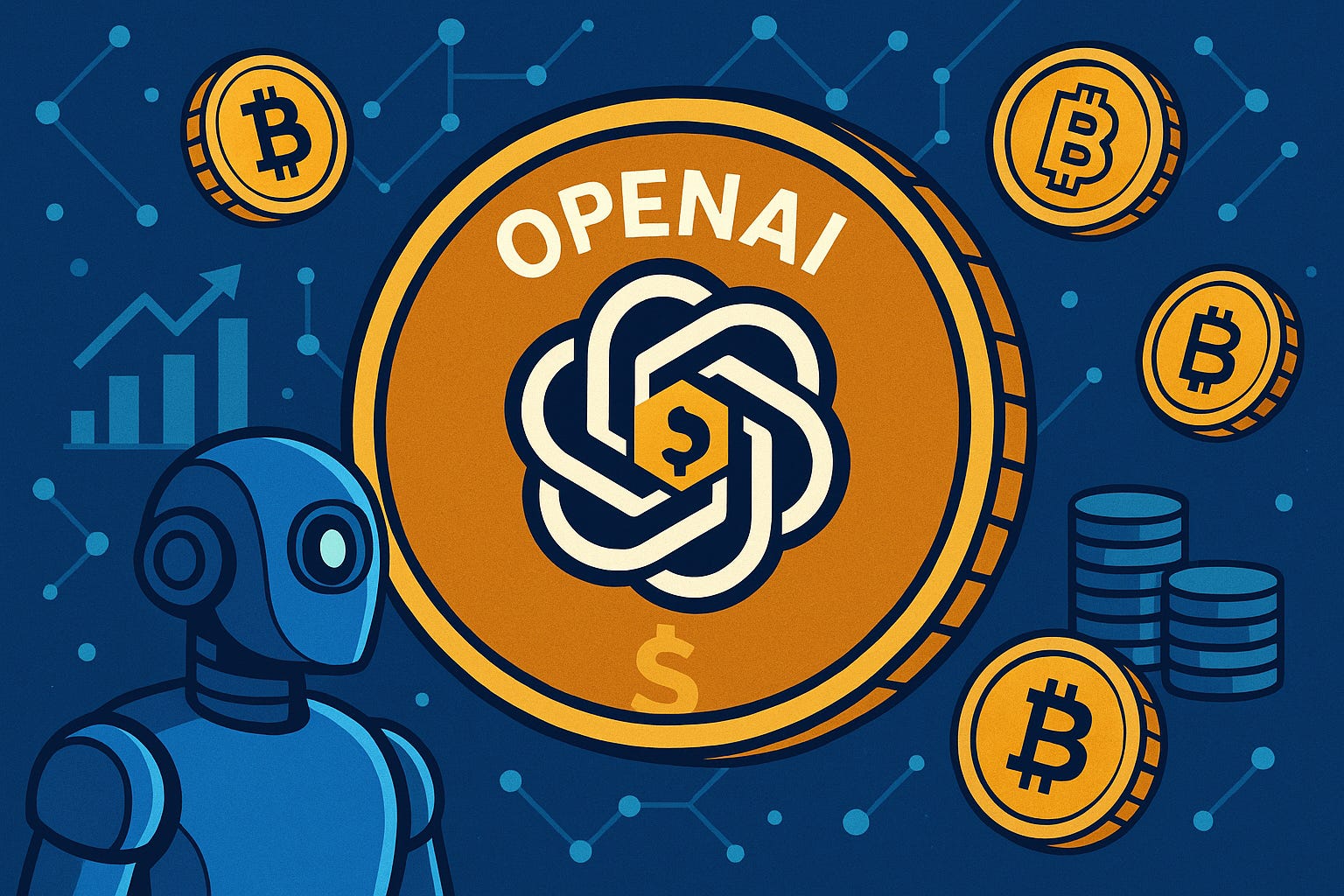Implementing Human-in-the-Loop (HITL) in AI Workflows: A Practical Guide
PositiveArtificial Intelligence

The implementation of Human-in-the-Loop (HITL) systems in AI workflows is gaining traction, especially in critical fields like healthcare and finance. These systems enhance decision-making by allowing human oversight at crucial moments, ensuring that AI outputs are vetted by professionals before being acted upon. This approach not only mitigates risks associated with fully autonomous AI but also fosters trust in technology, making it a significant advancement in how we integrate AI into high-stakes environments.
— Curated by the World Pulse Now AI Editorial System





